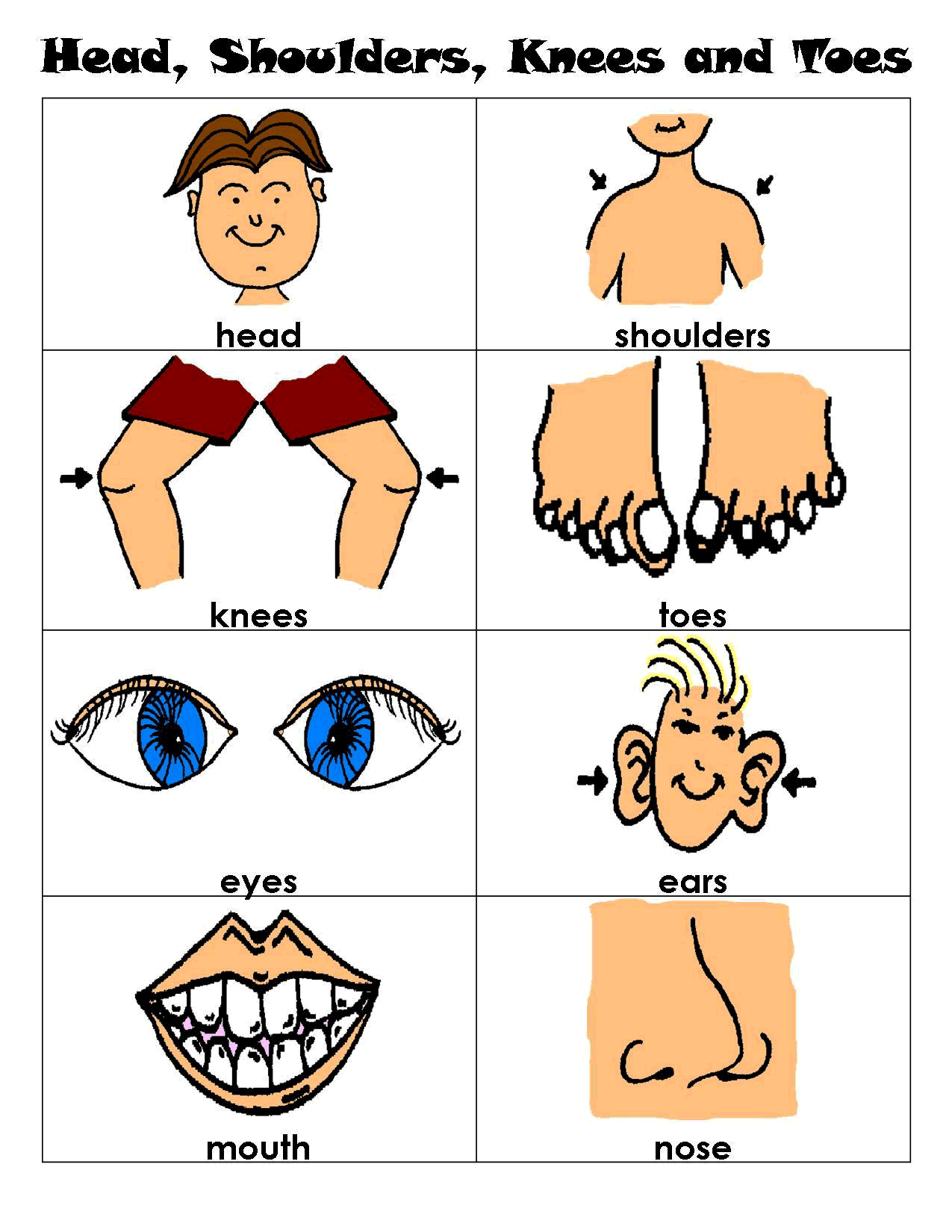I have to say
that I am slightly not happy with the over-focus on body parts in Swiss 2nd
and 3rd grades.
Often, they are introduced in the 2nd
grade. And then since Zurich teachers often use a book meant for the first year
of EN over two years, or they take a first level book for the first year and
start again with a first level book the second year, the kids get this language
twice. In one book, the children have to look at each other and ask “Do you
have green eyes” – how stupid can you get!!!
So I am just
sitting here thinking about the last time I ever talked about my eyes or nose
or hair. Here’s what I came up with:
- I need to cut my hair.
- I got my contact lens stuck in my eye at dinner.
- You know, the woman with the red hair….
- I have a runny nose.
- Oh, my goodness, I ate so many beans. There’s a rumbling in my stomach.
So that makes
me think of situations (contexts) that might make sense for teaching this
language:
- Describing people NOT in the room (the boy with the brown eyes…
- Needs (I need to wash my face)
- Medical situation: (I think I have an ear infection; My nose hurts).
- Sports: Cooperative learning: pairs – put 3 elbows and 4 feet on the ground… Krankenfangnis: Ow, my ear (and if you can say it in EN, then you are freed). Various exercises.
- Disgusting bodily issues role plays at the dinner table (I need to pluck my chin hair – You have crumbs on your mouth – You have a booger in your nose).
Of course you
never do these things in English in Switzerland, but in that sense, a lot of English in the textbooks is artificial in Switzerland. However, we can try to make a situational,
conversational match to when it might be the case. Learning the words for the
sake of learning the words doesn’t make sense. Rarely does one have an ear,
nose, and eye infection at the same time.
I would
suggest that teachers spend some time thinking about these situations and also
browsing on corpora of English (international or elsewise) to find out how
words are commonly used. For example, use the Brown…. (http://corpus.byu.edu/coca/) to enter the word ‘ear’ and the
highest frequencies of the use of ‘ear’ would be:
- Ear infection
- Play it by ear
So for young
learners, the medical situation might be the most relevant for a main
situational context and on a side note, also teach “Play it by ear” in ways
that theories of embodiment might suggest.

Comments
Post a Comment